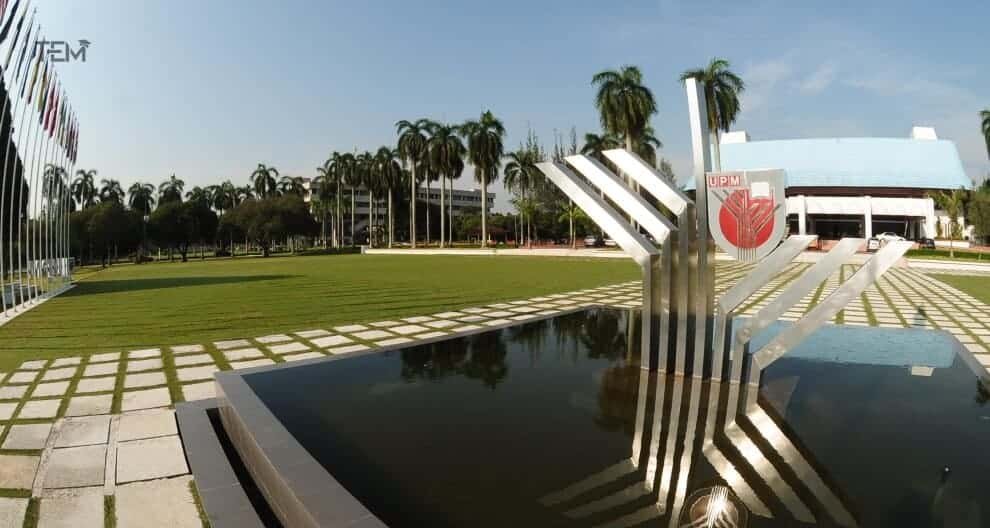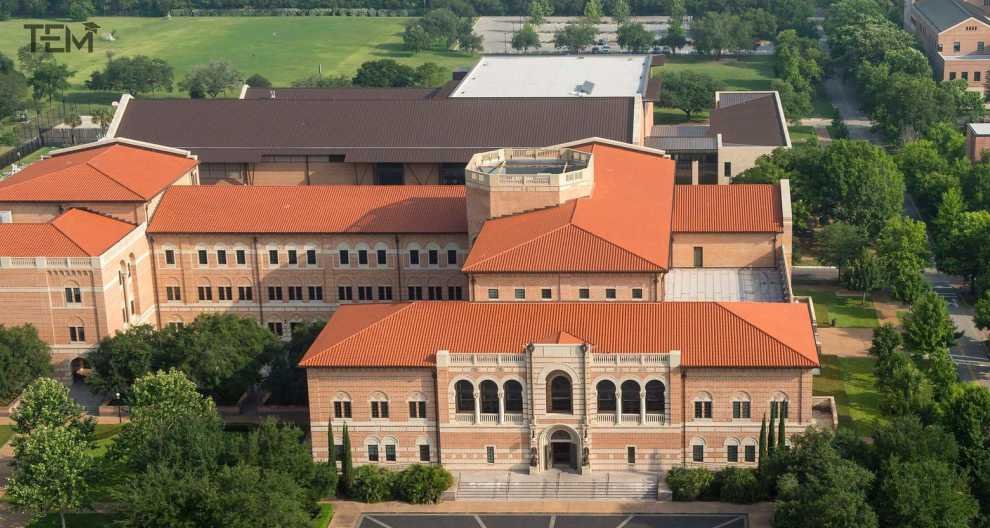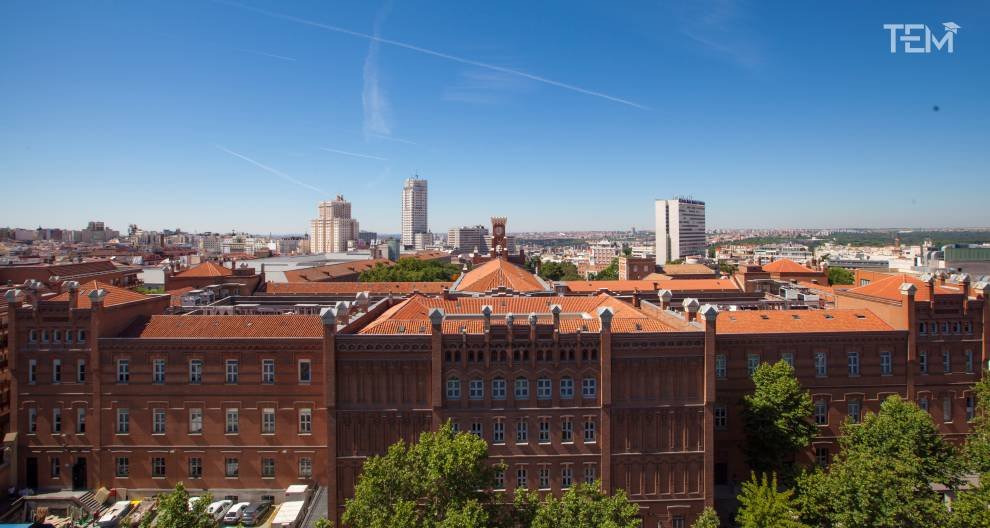Nelson Mandela has quoted, “Education is the most powerful weapon which you can use to change the world.” This statement highlights the value of education as an integral part of the development equation of the citizens. However, in the past decade, new paradigms in education have been witnessed all over the world, changing the way students engage with courses and content. This has put a great responsibility on universities and institutes around the world to deliver high-quality education and develop the process of learning more student-centric. Today, students need a more holistic experience with more practical exposures to prepare themselves for real-life experiences.
To fulfill this, Universiti Putra Malaysia (UPM) has equipped its students with practical knowledge which includes internships to gain experiences with practitioners in various local & international companies. With its impressive modern facilities and a dynamic approach to teaching and research accompanied by its proud heritage of quality services and achievements, UPM has attracted students and staff from all around the world making it a well-respected global entity. With a distinguished 89-year history, the university is globally-recognized for its excellent educational and academic disciplines and programs that have contributed immensely to knowledge and skilled human capital development since its inception.
Currently, it offers a wide portfolio of academic disciplines for its more than 28,000 students who are enrolled in its 84 bachelors, 7 diplomas and 62 coursework programmes and another 5 research programmes at the Master and Ph.D. levels, comprising 289 fields of studies.
The History of UPM: A Center Of Higher Education
In July 1973, the first academic session of UPM started with three founding faculties: the Faculty of Agriculture, the Faculty of Forestry, and the Faculty of Veterinary Medicine and Animal Science along with a Basic Sciences Division. Then in the early eighties, the university expanded its area of studies to the field of Science and Technology (S&T). In 1994, by leveraging the rapid development in information technology (IT), UPM embarked on its ambitious plan to evolve as a futuristic university that would provide science and technology education with better and up-to-date skills and systems.
Subsequently, the premier university has transformed into a borderless campus, its name and reputation stretching far beyond the national boundaries. Because of this, the name of the university changed from Universiti Pertanian Malaysia to Universiti Putra Malaysia (officially announced on 3 April 1997 by Dato’ Seri Dr. Mahathir bin Mohamad, who was the Prime Minister at that time). From this day onwards, the status of UPM was recognized as a center of higher education capable of providing various fields of studies, especially in information technology, which facilitates national development in the new millennium. As a result of this, the university has now inherently possessed all the qualities and resources to compete head-on with other renowned local and international institutions of higher learning.
Specialized Media And Communication Courses
Since its inception, UPM emphasizes that the quality of programs offered is in line with the requirements of the current job market so that it can fulfill its vision of becoming a reputable international university. Its media and communication courses are distinct as it embraces all areas of knowledge and expertise the students need to know in order for them to work with practitioners in the industries. These courses include four fields which are Corporate Communication, Journalism, Human Communication and Broadcasting majors. Furthermore, for its undergraduates, the university enhances their learning experience curves with internship training in large and well-established companies championing in the communication industries. On the other hand, its Masters of Corporate Communication programme is opted by working individuals who want to enhance their communication skills.
Furthermore, UPM has collaborated with some of the best institutions of higher learning to deliver a diverse range of academic programmes. More importantly, it is the first Malaysian higher education institution and sixth in South-East Asia to receive the Association to Advance Collegiate Schools of Business Accreditation.

A Seasoned Educator
The recipient of the ‘Certificate of Excellent Service Award’, Assoc. Prof Dr. Nor Azura Adzharuddin is the Head of the Department of Communication in the Faculty of Modern Languages and Communication at Universiti Putra Malaysia. She has spent more than 20 years in the education business; for her, things have changed quite significantly in the last few years. She believes that the current focus of education is more on giving holistic, all-inclusive, rounded experience for both the staff and students. She further comments, “The environment has become more challenging, tough and competitive in order to stay relevant in the industry. Previous past experiences nevertheless have contributed to my persistent attitude, ready to adapt to changes and be relevant to the current situation in my career.”
As part of UPM, the seasoned educator knows that the students of UPM are quite happy with the courses and programs offered by it. They are exposed to wider digital experiences with new schemes of courses offered suitable with the latest development. As a result, students who have graduated are now working in the communication industry with leading organizations. This is because of the commitment made by UPM to help its students achieve their dreams and nurture their minds and intellect.
Extra-Curricular Activities For Students
UPM has taken a significant step to carry out a courtesy agenda by strengthening a culture of tolerance, tolerance, and compassion for the development of human capital through PUTRA® Bakti. It is voluntarily co-curriculum activities for the students as part of their enrollments here in the university. Moreover, Students can also select a wide variety of additional courses that are offered outside their own disciplines in other faculties. They have to attend internship training for a few months before graduating in their final semester, and in many cases, students are given a position in their internship companies right after graduation.
Read Full Post: The 10 Best Media and Communication Institutes of 2020


